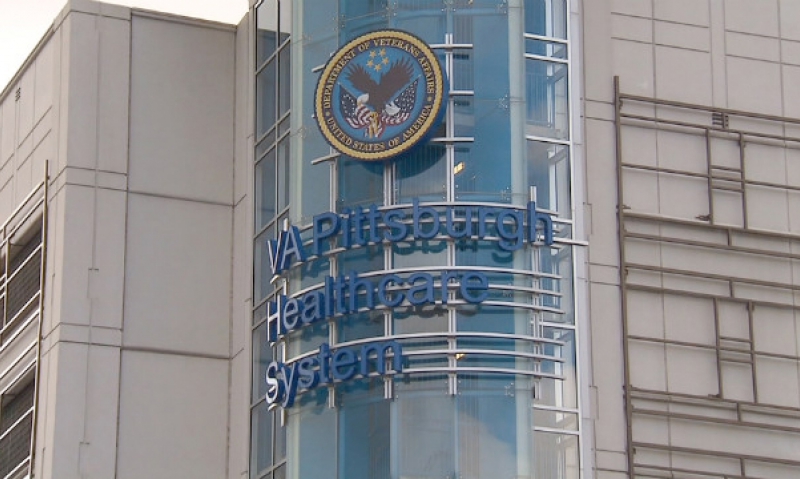
The city’s VA medical center has acted decisively to prevent future Legionella outbreaks, but needs to improve local and national communications.
The American Legion has issued a report on the quality of health care at the Department of Veterans Affairs Pittsburgh Healthcare System (VAPHS), where five patients died in 2011-2012 from an outbreak of Legionella bacteria.
The report, issued Jan. 23 by The American Legion’s System Worth Saving (SWS) Task Force, recommends that VAPHS needs to improve communication with VA’s Central Office (VACO) in responding to medical crises. The Pittsburgh facility had a press release and crisis response to the Legionella outbreak already prepared, "but VA Central Office’s review process takes several weeks to a month, and the release was never approved by VA Central Office leadership."
Noting that VAPHS has "challenges with transparency and public relations, the Legion report recommends that the medical center "make better use of getting the word out to veterans service organizations, and communicate its aggressive approach taken to test the water."
"Pittsburgh-area veterans don’t just want to hear from VA executives that Legionella is prevalent in the Allegheny County area," said Ralph Bozella, chairman of the Legion’s SWS Task Force. "They want to know how VA will take the necessary steps to mitigate the Legionella threat, and make sure that veterans receive safe, excellent health care anytime at the facility."
VACO, the Legion report recommended, "should examine its communication structure and policies, to look at opportunities to reduce time in responding to crises," and also recommended "significant improvement with VA’s communication locally with veterans service organizations."
In 2011, an SWS site visit to the VA medical center in Fort Wayne, Ind., revealed a similar communications problem. Many local veterans believed a rumor that the hospital was closing. The Fort Wayne facility was ready to send out a press release, explaining that only some inpatient programs would be closed, but VA’s Central Office would not approve the release.
Bozella said VA has 152 medical centers to look after nationwide. "They can’t manage every crisis from Washington," he said. "Instead, VA needs to empower its leadership at medical centers to respond to crises – quickly. Furthermore, VACO should examine ways to shave time off from its approval process. It needs to create a crisis communications team that can respond far more effectively nationwide."
The Legion report notes that VAPHS established a Water Safety Committee in January 2013; it oversees all policies and operations that control Legionella and maintain a safe water supply.
The Pittsburgh VA medical center now claims that it has the most stringent testing criteria in the country for the presence of Legionella in the water supply. "VAPHS’s Water Safety Committee has done an excellent job with improving oversight, detection and ongoing mitigation of Legionella in the water distribution system," the report says. The Pittsburgh facility "needs to share its processes and protocols with other VA medical centers to prevent future outbreaks and elevated Legionella levels that could put veterans at risk for illness or death."
The American Legion’s report is available online, as well as reports on other VA medical centers.
- Veterans Healthcare

